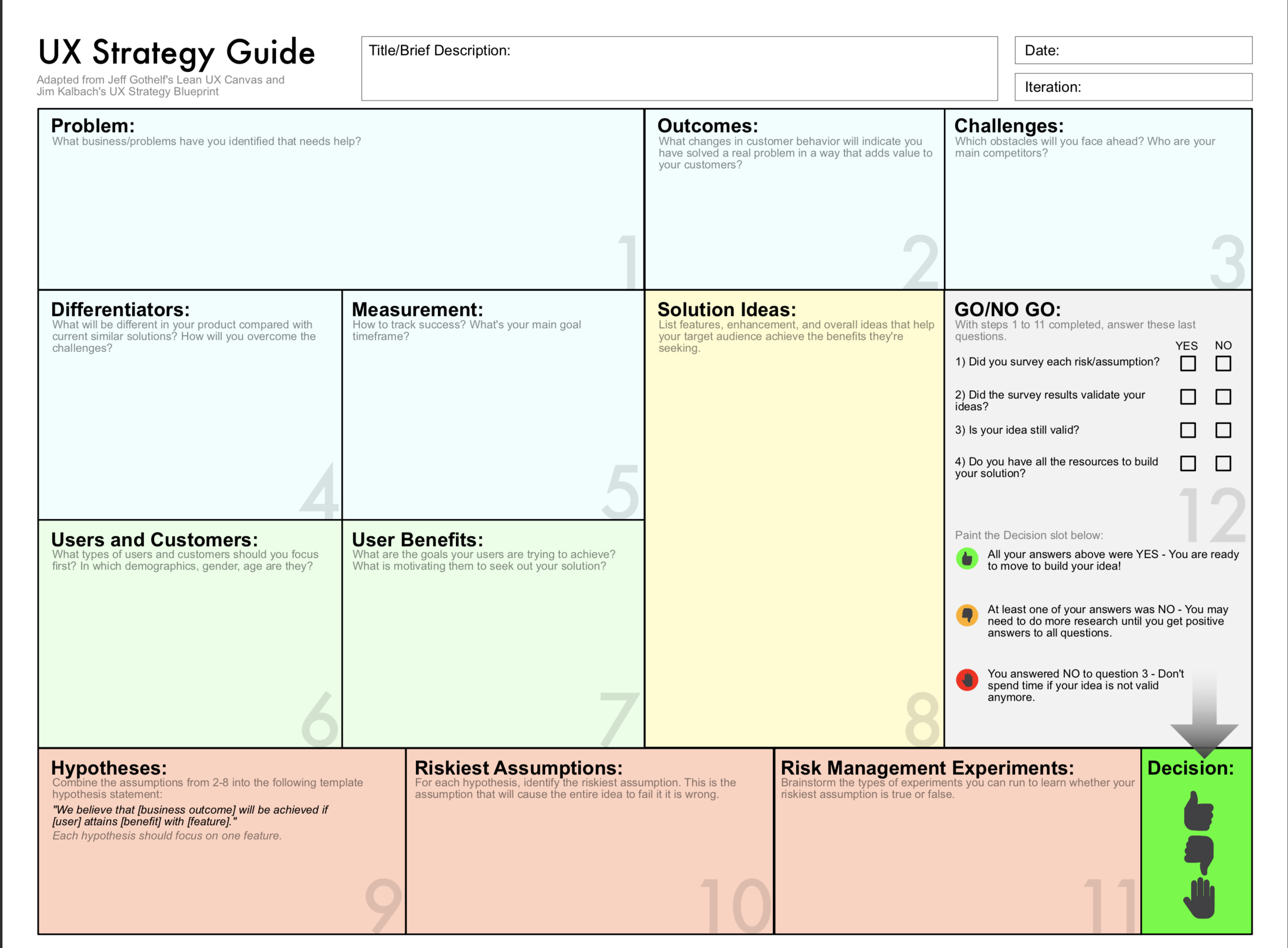Hey guys,
I’m finding myself with a challenge. As some know, I’ve posted a few questions here since I’ve taken the position as Lead UX Designer at my company now. As first ux-er here, I obviously need to get A LOT of things in place and the latest challenge is documentation.
I am, like a lot of others, a bigger-picture guy. I need the bigger picture especially in times when I need to reflect on what I’ve done. Documenting a new process/feature seems like an essential step in any team. However, I’ve recently spoken to our PM/BI and his response was: “Why do you want documentation? Is it because you forget what we chat about in meetings or because you don’t attend meetings?” So according to my understanding, the guys just remember everything that’s said and act according to that and more often than not find ourselves not clear about a certain aspect of a feature or we fail to remember what was discussed.
I understand that documentation can be a drag and one does not want to drown the dev in documentation but I feel like something is missing. In most of our meetings, we chat so much and throw out ideas and the meeting is over without clear goals and actionables - despite this, most of the guys are content and they just figure stuff out along the way but I think that we are missing something big by skipping documentation.
I’ve recently discovered a document from InVision’s Blog which is focused on UX Strategy
and this feels like a MUST if a company wants to pursue UX.So my question is: Am I being inconsiderate or too hard-headed to constantly want documentation or to AT LEAST go through this template’s steps before building features? As a SasS company, I think it’s especially important to have documentation.
Do you guys have any feedback regarding your documenting process or ways to make documentation easier?

